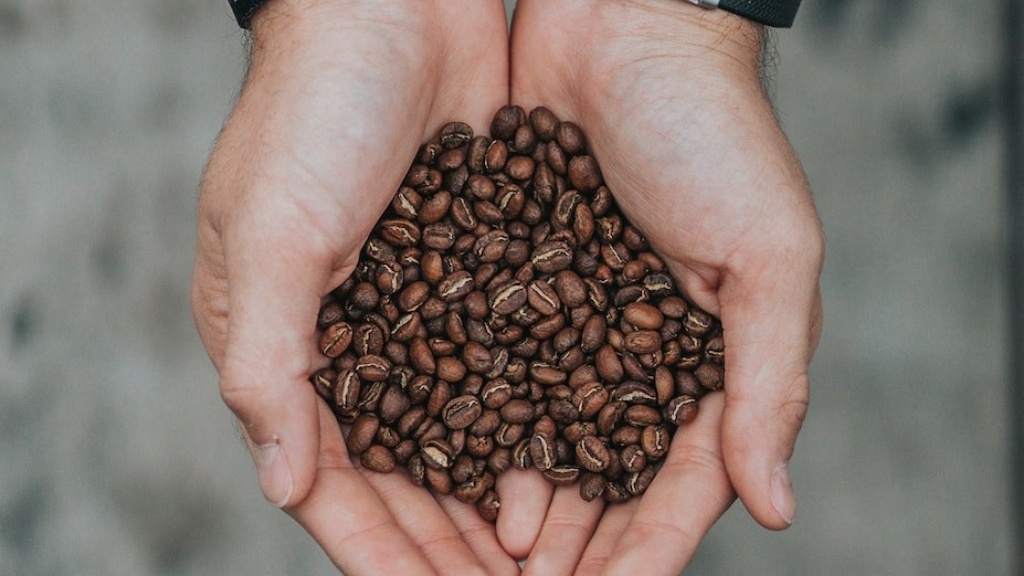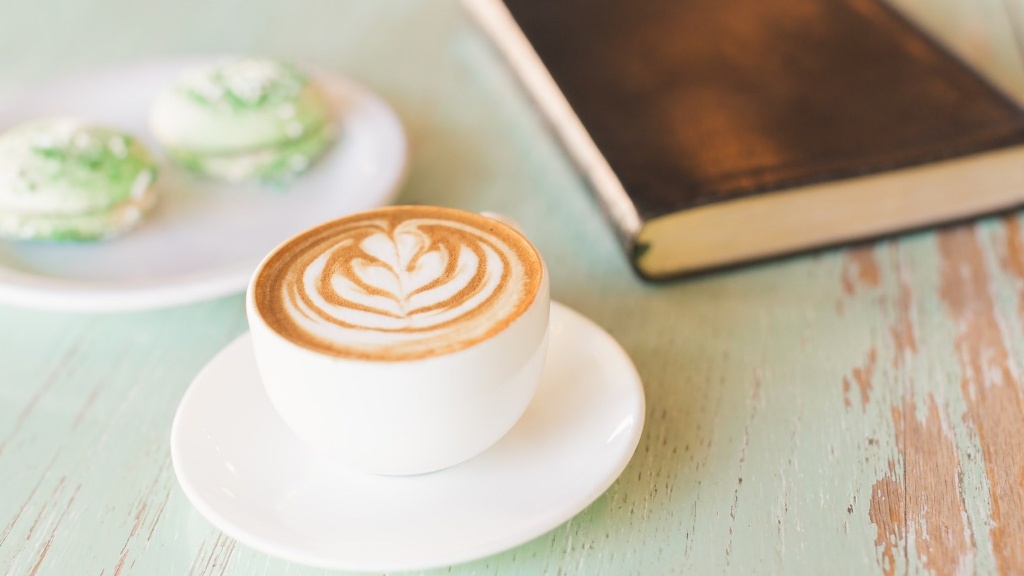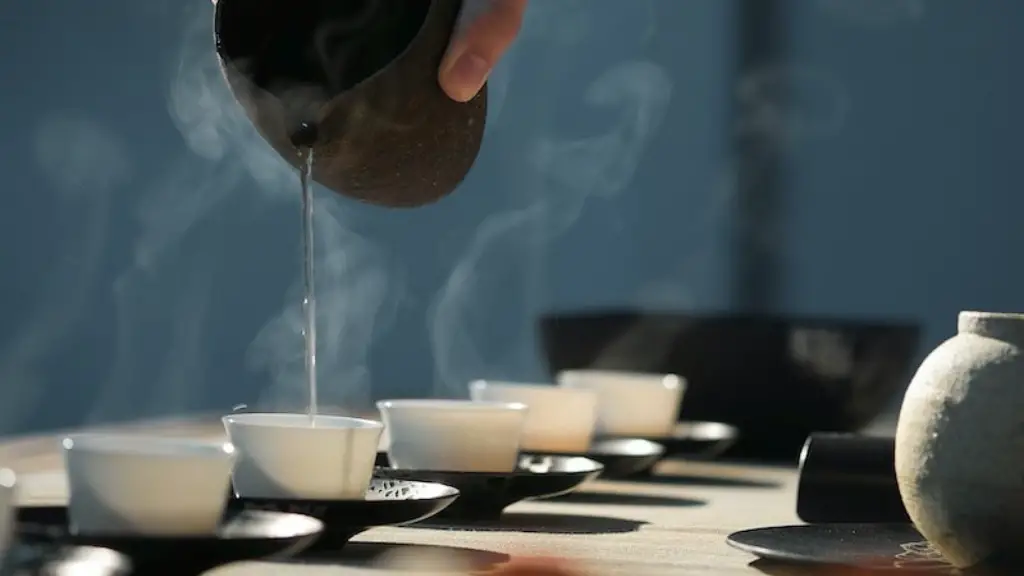Can You Drink Black Coffee During Intermittent Fasting?
Intermittent fasting is a popular nutrition strategy that involves cycling between periods of eating and fasting. Many people who follow intermittent fasting choose to drink black coffee during their fasting periods as it can help to reduce hunger and provide a mental boost. However, the effects of black coffee on intermittent fasting is not completely clear.
According to the National Institute of Health, research on the effects of coffee on intermittent fasting is limited. Some studies have found that coffee can help improve weight loss and reduce hunger during fasting, while other studies suggest that caffeine may slow down the benefits of fasting. Therefore, it is unclear whether drinking black coffee during a fasting period can be beneficial.
Experts suggest that if you choose to drink coffee while fasting, you should use it to replace calories in your meals. For example, if you normally eat three meals a day, you could replace one of your meals with black coffee. This way, you would still be fasting but can reduce any feelings of hunger or deprivation.
If you decide to drink black coffee while fasting, it is important to consider the other ingredients. Many types of coffee, such as those served at coffee shops, contain added sugar and cream which can increase the total calorie intake and thus reducing the efficacy of your fast. If drinking coffee during a fast, it is best to choose black coffee as it is sugar-free and calorie-free.
In addition to this, experts suggest that it is important to pay attention to the quality of your coffee. Low-quality or stale coffee can lead to an upset stomach, headaches and dizziness, which may reduce the effectiveness of your fast.
It is also important to note that the effects of caffeine can vary from person to person. Some people may find that drinking black coffee while fasting increases their energy levels, while others may find it difficult to concentrate or feel more anxious. Therefore, it is important to experiment and find out what works best for you.
Overall, whether drinking black coffee during intermittent fasting is beneficial is not entirely clear. If you choose to drink coffee while fasting, it is important to be mindful of the other ingredients and to pay attention to how it makes you feel.
Can Black Coffee Keep You Energized?
A common question many people have is whether black coffee can keep them energized while they are fasting. While black coffee contains caffeine, which is known to provide a burst of energy, it is important to consider the other effects of caffeine on the body.
Caffeine can have both positive and negative effects on your energy levels. For example, it can provide a short-term energy boost, but it can also lead to a crash later on. Additionally, caffeine can also lead to feelings of jitteriness and anxiousness, which can make it difficult to focus.
Furthermore, the effects of caffeine can be different for everyone. While some people may find that a cup of black coffee helps keep them energized during intermittent fasting, others may find it difficult to concentrate and feel tired after drinking it. Therefore, it is important to experiment and find out what works for you.
If you do decide to drink black coffee during fasting periods in order to remain energized, it is also important to consider other options. Herbal teas, such as green tea, are also a great alternative to coffee as they provide a boost of energy without the potential for crashing or anxiousness.
Overall, black coffee can provide a short-term energy boost, but it can also lead to a crash later on. Additionally, the effects vary from person to person and so it is important to experiment and find out what works best for you.
Does Black Coffee Affect Weight Loss?
Since intermittent fasting is popular as a weight-loss method, many people wonder if drinking black coffee during a fasting period can help with weight loss. While some studies have suggested that caffeine can help promote weight loss, the effects are still not fully understood.
One study found that caffeine can increase the amount of fat burned during exercise. However, other studies have failed to replicated this finding and it is important to note that the effects of caffeine on fat burning can vary from person to person.
In addition to this, some experts suggest that drinking black coffee during a fasting period could disrupt the body’s natural fat-burning process. This is because the body uses fat for energy when in a fasting state and so consumption of caffeine could interrupt this process.
Therefore, while some research suggests that caffeine can help with weight loss, it is still not clear whether drinking black coffee during a fasting period can be beneficial. If you are considering drinking black coffee while fasting, it is best to consult a doctor who can provide personalized advice.
Overall, it is not clear whether drinking black coffee during intermittent fasting can help with weight loss. If you choose to drink coffee while fasting, it is important to pay attention to the other ingredients and to be mindful of how it affects your body.
What About Other Types of Coffee?
When it comes to intermittent fasting, black coffee is often considered the best choice as it is calorie-free and sugar-free. However, many people still enjoy other types of coffee, such as lattes and cappuccinos, which can contain sugar and other ingredients.
Experts suggest that if you are considering drinking other types of coffee while fasting, it is important to be mindful of the other ingredients. For example, drinks like lattes and cappuccinos can contain added sugar and cream, which can increase the total calorie intake and thus reduce the effectiveness of your fast.
Furthermore, it is important to note that coffee with added sugar or cream can lead to an upset stomach, headaches and dizziness, which may affect your fast. Therefore, if you choose to drink coffee while fasting, it is best to choose black coffee as it is sugar-free and calorie-free.
Overall, black coffee is considered the best choice when it comes to intermittent fasting as it is calorie-free and sugar-free. However, if you do choose to drink other types of coffee while fasting, it is important to be mindful of the added ingredients and pay attention to how it affects your body.
What Are the Benefits of Black Coffee for Intermittent Fasting?
Many people choose to drink black coffee while fasting as it can reduce hunger and provide a mental boost. However, it is important to remember that the effects of coffee on intermittent fasting are still not entirely clear.
According to experts, some of the benefits of black coffee while fasting include reducing feelings of hunger and deprivation, aiding focus and concentration, and increasing energy levels. Additionally, black coffee can also help to suppress appetite and reduce cravings, allowing your body to enter into a fasting state more easily.
Furthermore, black coffee can also help to improve physical and mental performance. The caffeine in coffee can help to reduce fatigue and improve alertness, which can help with exercise and other physical activities.
It is important to note, however, that the effects of caffeine can vary from person to person and so it is important to experiment and find out what works best for you. Additionally, if you decide to drink black coffee while fasting, it is important to be mindful of the other ingredients and to pay attention to how it affects your body.
Overall, black coffee can provide various benefits while fasting and may help to reduce hunger and provide a mental boost. If you choose to drink coffee while fasting, it is important to be mindful of the ingredients and pay attention to how it affects your body.
Should You Avoid Other Beverages During Intermittent Fasting?
Many people who follow intermittent fasting choose to avoid other beverages such as soda, juice and energy drinks in order to maximize the effects of their fast. This is because many of these drinks contain added sugar, which can disrupt the body’s natural fat-burning process and thus reducing the efficacy of the fast.
Additionally, many of these beverages contain high levels of caffeine, which can lead to feelings of jitteriness and anxiety. Moreover, these drinks typically contain artificial colors, flavors, and sweeteners which may also be disruptive to digestion.
Furthermore, experts suggest that these beverages can lead to an increase in cravings and thus make it difficult to maintain a fast. Therefore, it is important to consider what type of beverages you are consuming during a fasting period in order to maximize the effects of the fast.
If you decide to drink other beverages while fasting, it is important to be mindful of the ingredients. For example, choose drinks that are low in sugar, caffeine, and artificial sweeteners. Additionally, it is also important to pay attention to your body and how the beverage affects your mental and physical performance.
Overall, it is important to consider what type of beverages you are consuming during a fasting period in order to maximize the effects of the fast. If you do decide to drink other beverages while fasting, it is important to be mindful of the ingredients and pay attention to how it affects your body.
What About Supplements and Herbal Teas?
Many people who follow intermittent fasting choose to incorporate supplements and herbal teas into their diet in order to get the most out of their fasting period. Supplements such as omega-3 fatty acids, magnesium, and B vitamins can provide various health benefits and can help to reduce hunger during a fast.
Additionally, herbal teas are also a great choice as they are naturally caffeine-free and low in calories, but still provide a boost of energy. Furthermore, they can also help to reduce cravings and increase feelings of fullness.
It is important to note, however, that supplements and herbal teas are not intended to replace real food. Therefore, it is important to be mindful of how you are incorporating them into your diet and to pay attention to any potential side-effects.
Overall, supplements and herbal teas can be a great addition to an intermittent fasting diet as they can provide various health benefits and help to reduce hunger. If you choose to incorporate supplements or herbal teas into your diet while fasting, it is important to be mindful of the other ingredients and pay attention to how it affects your body.





